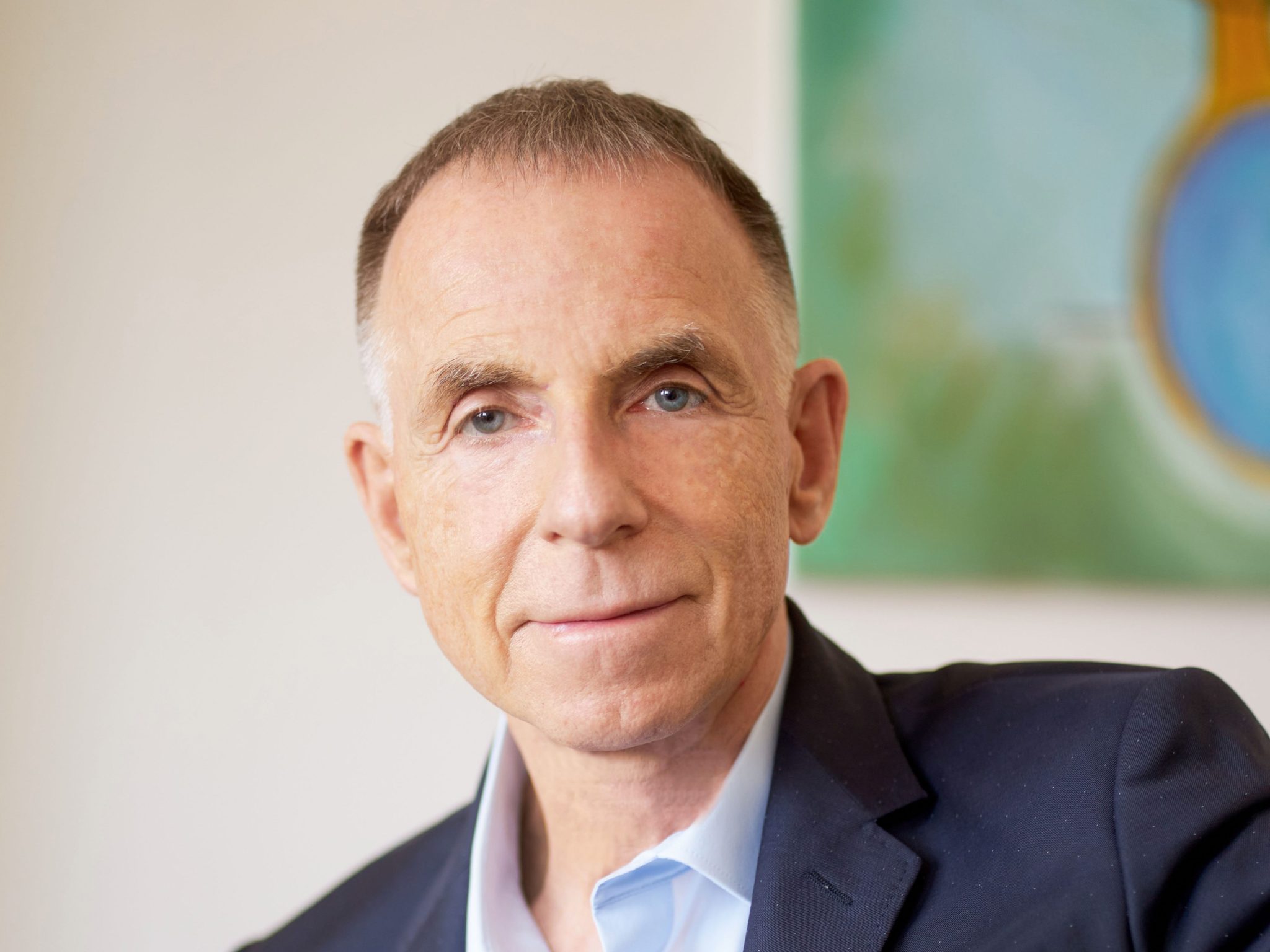Is this crisis capitalism’s fault? No. And neither was the last one

In the fourth of an eight part series, Dr Rainer Zitelmann mythbusts the arguments against free markets. Today, it’s “Capitalism repeatedly leads to new economic and financial crises”
For as long as there have been anti-capitalists, they have been anticipating the great crisis that would bring about the final, irreversible collapse of capitalism. Karl Marx believed he had discovered a number of economic “laws” that would inevitably lead to the downfall of capitalism, such as the “tendency of the rate of profit to fall” or the impoverishment of the proletariat.
For anti-capitalists, economic crises have always, above all, been a source of hope – that capitalism would finally collapse in on itself. Unfortunately for them, their hopes have been dashed over and over again. In many ways, anti-capitalists are a bit like a doomsday cult, undauntedly announcing new dates for the end of the world after their previous prophecies went unfilled and life carried on as normal.
In the 2008 financial crisis, anti-capitalists believed that the long-awaited end of capitalism had finally arrived. When capitalism survived this crisis, they were forced to wait and draw hope from the coronavirus crisis of 2020-21. Even in the earliest days of the Covid-19 pandemic, left-wing intellectuals frequently expressed their wistful hopes that the pandemic would finally achieve what they had dreamt of during the financial crisis of 2008, namely a fundamental reorganisation of society and the final defeat of capitalism. William Davies, a British sociologist, published an article in The Guardian under the headline: “The Last Global Crisis Didn’t Change the World. But This One Could”.
Crises are part of capitalism, and even if the short-term effects bring great problems for companies and their workers, they have very positive effects in the medium and long term, which is what the Austrian political economist Joseph Schumpeter was referring to when he coined the term “creative destruction”.

But when politicians interfere, crises often become worse and last longer than necessary. The U.S. economist Thomas J. DiLorenzo compares the approach adopted by the American government under President Martin Van Buren to deal with the depression of 1837 with the response of President Franklin D. Roosevelt to the Great Depression of 1929. Van Buren pursued an unequivocally laissez-faire policy and resisted all proposals for direct government action and interventionism, which led to a very rapid end to the crisis.
In contrast, Franklin D. Roosevelt launched his “New Deal”, which relied on a comprehensive series of government programmes and pursued an anti-capitalist, interventionist policy. Contrary to the myth spread by anti-capitalists that the “New Deal” ended the crisis, Roosevelt’s policies actually prolonged it. Unemployment, which had been as low as 3.2 per cent in 1929, climbed to 14.6 per cent by 1940. The average unemployment rate from 1933 to 1940 was as high as 17.7 per cent. Per capita GDP in the United States had been $857 in 1929 and, at $916, was still barely above that level eleven years later in 1940. Personal consumption expenditure, which had totalled $78.9 billion in 1929, fell to $71.9 billion in 1940.
And what about the global financial crisis of 2008? Politicians and the media blamed the “deregulation” of financial markets. But even the British economists Paul Collier and John Kay, who have wrongly argued that “market fundamentalism” has come to dominate economic policy in Western societies over recent decades, are forced to concede: “Those who blame the financial crisis on deregulation fail to recognise that there is today, and was in 2008, far more financial regulation than ever before: the state was increasingly active, yet decreasingly effective”.
Nowhere are there fewer free market principles than the regulated financial services market
Nowhere are there fewer free-market economic principles than in the world of finance. And no sector is so heavily regulated and supervised by the state, with the possible exception of the healthcare industry. The fact that precisely the two areas of the economy that are most strictly regulated by the state are the most unstable should give critics of capitalism pause for thought. Of course, regulations are necessary in both of these areas. But the slogan ‘more regulation helps more’ is patently wrong.
The vast majority of crises are simply features of the regular ebb and flow of normal economic undulations, i.e. the cyclical intensifications and slowdowns of economic growth, which fade away after a few months or even a year. And, unarguably, many of the crises that have occurred over the last 120 years or so have been triggered, or at least considerably aggravated and prolonged, by populist interventionism from political leaders.